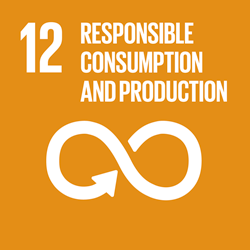Technological watch
Arbuscular Mycorrhizal Fungi Increase Nutritional Quality of Soilless Grown Lettuce while Overcoming Low Phosphorus Supply
Lettuce is widely used for its healthy properties, and it is of interest to increase them with minimal environmental impact. The purpose of this work was to evaluate the effect of the arbuscular mycorrhizal fungus (AMF) Funneliformis mosseae in lettuce plants (Lactuca sativa L. cv. Salinas) cultivated in a soilless system with sub-optimal phosphorus (P) compared with non-inoculated controls at two different P concentrations. Results show that lettuce inoculation with the selected AMF can improve the growth and the nutritional quality of lettuce even at sub-optimal P. Leaf content of chlorophylls, carotenoids, and phenols, known as important bioactive compounds for human health, was higher in mycorrhizal lettuce plants compared with non-mycorrhizal plants. The antioxidant capacity in AMF plants showed higher values compared with control plants grown at optimal P nutrition level. Moreover, leaf gas exchanges were higher in inoculated plants than in non-inoculated ones. Nitrogen, P, and magnesium leaf content was significantly higher in mycorrhizal plants compared with non-mycorrhizal plants grown with the same P level. These findings suggest that F. mosseae can stimulate plants growth, improving the nutritional quality of lettuce leaves even when grown with sub-optimal P concentration.
Publication date: 12/11/2022
Author: Fatjon Cela
Reference: doi: 10.3390/foods11223612






